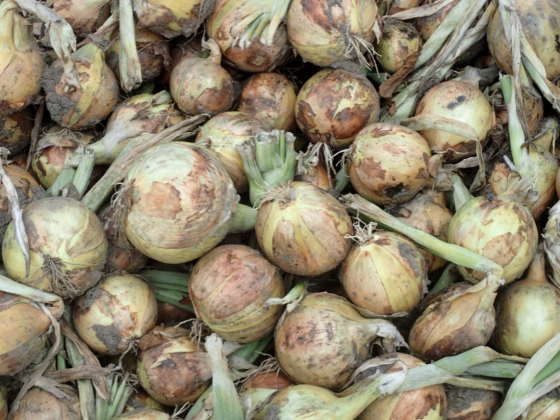Dutch consumers eat more sustainable foodstuffs, sales rise 25%

Dutch consumers have again increased the amount of animal and environment-friendly food they eat, according to new figures from the economic affairs ministry, compiled by researchers at Wageningen University.
The latest edition of the ministry’s sustainable food monitor found ‘sustainable’ food accounted for 10% of the market in 2016, up from 8% a year earlier. In 2010 the figure was just 3.5%.
The survey defines sustainable food as food produced by methods which take environment, animal welfare and social aspects into account. ‘It would be more accurate to talk about “more sustainable foods” to show this is a continuous process,’ the survey website states.
In total, consumers spend €3.8bn on sustainable foodstuffs last year, a rise of more than 25% on 2015.
The sector is no longer a niche market and an increasing number of companies are producing more sustainable food, economic affairs minister Henk Kamp said.
Sustainable eggs now account for 40% of all eggs sold, while sustainable fish, coffee and tea have 30% of their respective markets.
The Netherlands has some 10 different food labels which indicate the product has been made according to more sustainable methods. The biggest is Beter Leven (better lives), used to show that animals have more room and enriched environments, which accounts for 31% of sales.
Products labeled biologisch (organic), account for 30% and UTZ Certified 22%, the researchers said.
Thank you for donating to DutchNews.nl.
We could not provide the Dutch News service, and keep it free of charge, without the generous support of our readers. Your donations allow us to report on issues you tell us matter, and provide you with a summary of the most important Dutch news each day.
Make a donation